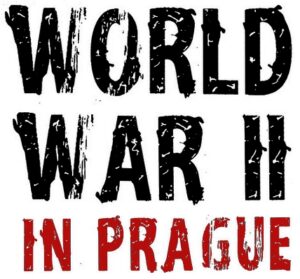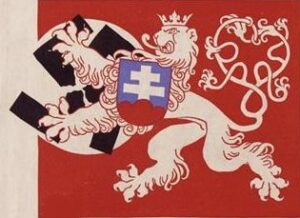General Andrei Vlasov was a Soviet military officer who became known for his collaboration with Nazi Germany during World War II. He was the founder of the Russian Liberation Army (ROA), a military force consisting of Soviet prisoners of war and other volunteers who fought alongside the Germans against the Soviet Union.
Born in 1901 in Lomakino, a small village in Russia, Vlasov joined the Red Army in 1919, fighting in the Russian Civil War against the White Army. He quickly rose through the ranks, and by the time of the German invasion of the Soviet Union in 1941, he was a major general in the Soviet Army.
During the Battle of Moscow in late 1941, Vlasov was taken captive by the Germans. While in captivity, he began to have doubts about the Soviet system and its leadership. He saw an opportunity to join the German side and create a force that would fight alongside them against the Soviet Union.
In 1942, Vlasov was taken to Berlin, where he began working with the Germans to organize a Russian force that would fight on the Eastern Front. He was appointed as the head of the newly formed Russian Liberation Committee, and in November of that year, he was given permission to form a Russian force that would fight alongside the Germans.
The Russian Liberation Army was formed in 1944, with Vlasov as its commander-in-chief. The army was made up of Soviet prisoners of war and other volunteers who had joined the Germans. The ROA was used by the Germans for propaganda purposes, and they were sent to fight on the Eastern Front.
The ROA was involved in several battles against the Soviet Union, but it was not successful in achieving its goals. Despite its propaganda, the army failed to rally support from the Soviet people. The army was also plagued by desertions, and many of its soldiers defected back to the Soviet side.
In May 1945, as the war was coming to an end, Vlasov surrendered to the Americans in Austria. He was then handed over to the Soviet authorities, who charged him with treason and collaboration with the enemy. Vlasov was sentenced to death and was executed on August 1, 1946.
The Russian Liberation Army and Vlasov’s collaboration with the Germans remain controversial topics to this day. Some people see Vlasov as a traitor, while others see him as a hero who was trying to free Russia from the Soviet regime. The ROA is still remembered by some as a force that fought for the liberation of Russia, while others view it as a shameful chapter in Russian history.
In conclusion, General Vlasov and the Russian Liberation Army represent a complex and controversial aspect of World War II. Vlasov’s decision to collaborate with the Germans and form the ROA was a significant development in the war, but ultimately, it failed to achieve its goals. The legacy of Vlasov and the ROA remains a topic of debate and discussion, with some seeing him as a traitor and others seeing him as a hero.
Menu

